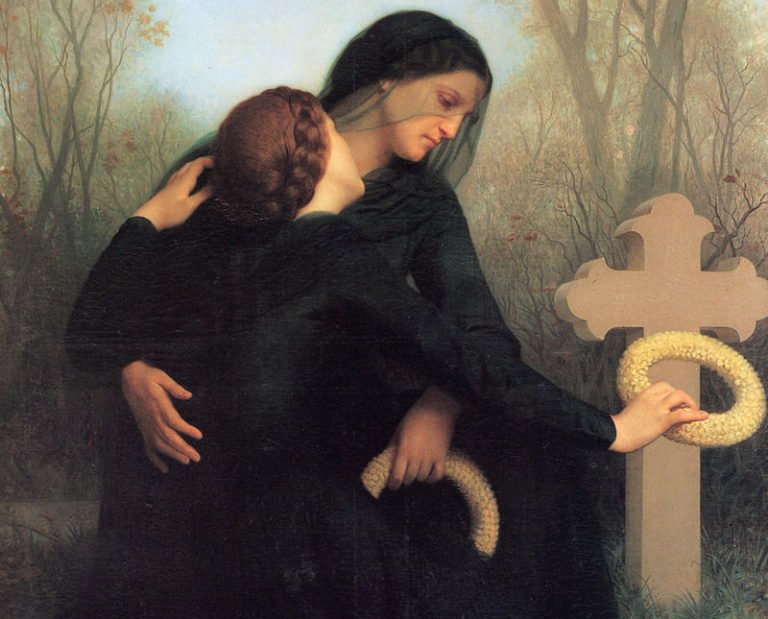Chronos, Kairos and Aion are the three deities of time, events and epic destinies. Here is the multi-religious and multicultural calendar!
Find us on our website Mythology and Legend, on Facebook and on instagram !

The schedule in brief from D-2 to D+5
- November 5, 2024, : Pompaia
- 9 November 2024, : Notre-Dame de la Almudena
- 9 November 2024, : Swietoslawa
The complete interactive calendar
November 2, 2024
November 2, 2024

Today, the Mandaeans celebrate Dehwa Hanina, the small festival on Taura 18. This commemorates the ascension of the uthra Hibil Ziwa from the world of darkness to the world of light and thus the creation of life. It is a blessed day for baptisms. #mythology #myth #legend #calendar #18taura #Mandeism #DehwaHanina
November 2, 2024

Today, Mexican people celebrate Dia de Muertos. Going back to traditions of three thousand years, and mixed with Christian traditions, Mexicans celebrate the dead of children and adults. Traditions vary greatly and modern culture also brings its new rites. #mythology #myth #legend #calendar #2November #mexico #diademuertos
November 2, 2024

Today, Catholics commemorate the faithful Dead, also known as Day of the Dead. The Commemoration of the Dead was established to obtain from God that he deliver or relieve souls from purgatory. #mythology #myth #legend #calendar #2November #Catholic #Day of the Dead #All Saints’ Day
Multicultural and multi-religious almanac
An almanac is a calendar showing the main dates of the calendar, the religious holidays, bearing ephemerides such as the phases of the moon or the duration of the days (lunar and solar calendars).
A calendar is a system for marking dates according to time. Such a system was invented by men to divide and organize time over long periods. The observation of the periodic phenomena of the environment in which they lived — such as the daily movement of the shadow, the return of the seasons or the lunar cycle — served as the first references for organizing the agricultural, social and religious life of societies.
The calendar used today in most of the world is the Gregorian calendar. In everyday language, an ephemeris designates what happens daily; the ephemeris of the day is the list of the significant events of this day.